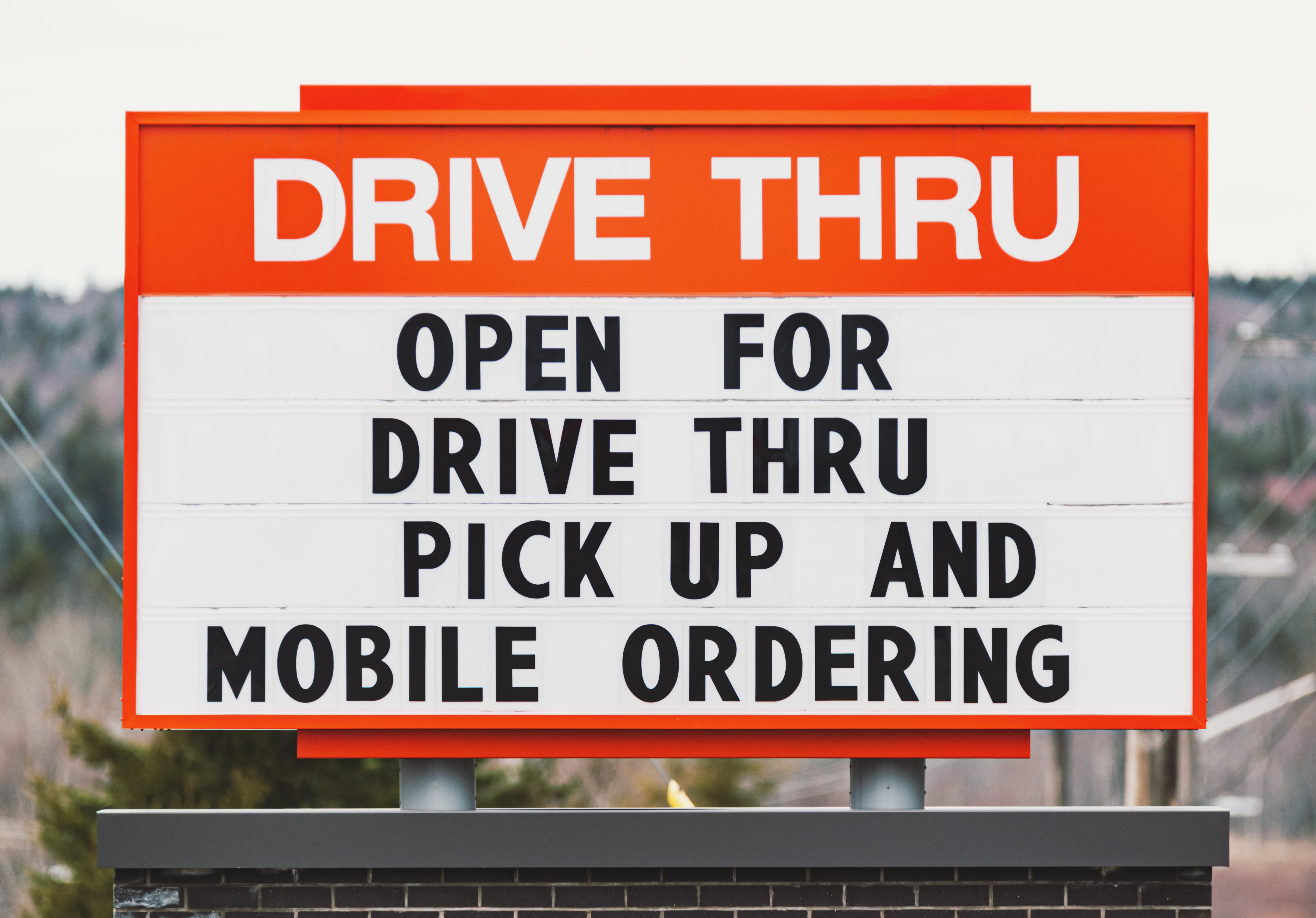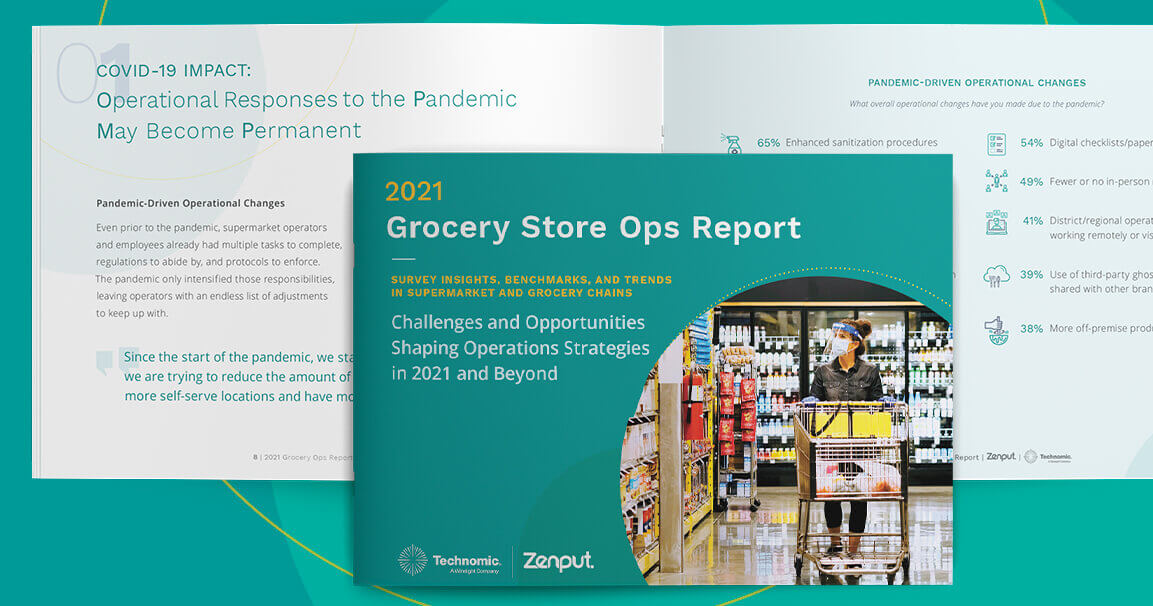
- Home
- Crunchtime Blog
- 4 Tips for Performing a Supermarket Audit

The way that supermarkets and grocery store chains audit their stores is changing. And data from several recent studies show that operations leaders not only see opportunities to improve the effectiveness of audits but expect to do so with their own internal teams as opposed to outsourcing.
The 2021 Grocery Store Ops report, published by Zenput in partnership with Technomic, revealed these findings about how grocery operators audit and oversee their stores:
- 79% of operators now use software/apps to conduct audits
- However, 52% still use paper checklists for audits, and 49% use email for audits
- 38% of supermarket operators said the usefulness of audit findings could be improved by completing audits more often
- Almost four in 10 operators would also like more detail as a way to improve audit effectiveness
While this shows a majority of operators are now using software and apps for auditing, it also signals there is still work to be done in terms of how audits are done and operators’ ability to oversee their stores. Additionally, a 2016 study from the Food Marketing Institute showed that in terms of performing audits, supermarket operators prefer to do them mostly in-house as opposed to outsourcing them to third parties: more than three-quarters of supermarket retailers and wholesaling companies do some outsourcing for audits, but only do so for less than 10% of total audits performed.
The self-auditing process is a crucial and growing part of supermarket retail operations. Being proactive highlights operational strengths and weaknesses and can help prevent potential losses that impact your bottom line. Furthermore, having a self-auditing program sends a strong message to your team that complacency is unacceptable. Below, we’ve laid out four simple tips for auditing supermarkets effectively.
Four Tips for Performing a Successful Supermarket Audit
1. Make sure your managers understand the auditing process and encourage participation. An audit is a large undertaking that requires everyone’s attention. Regional and district managers should all be involved in this process. Therefore, instructions for filling out surveys must be clear.
2. Set well-defined parameters. When will the audit take place? Will it be announced or unannounced? A lot of time can pass between third-party inspections, depending on your company’s audit schedule. Industry loss prevention specialists LP Innovations recommends self-auditing at least once a month.
3. Choose a mobile solution with the right tools. A uniform collection method is imperative to collecting accurate data that will lead to actionable results. Use a platform for grocery/supermarket operators that can consolidate tasks and organize information in real-time.
For example, why not use your GPS-enabled smartphone mobile device when checking in for the audit? Capture photos of a kitchen area or promotional display that can be submitted as part of the audit. See something that needs to be fixed? Configure your digital audits to create follow-up tasks for your store to make sure it’s addressed quickly. Having capabilities like this will save both time and resources.
4. Based on results, create an actionable plan and set measurable goals for your next self-audit. Communication is key. Provide feedback and guidelines to managers on how they can improve their stores. Present these findings to the entire store team and discuss what was done correctly and what wasn't. Focus on team accountability and fixing mistakes, from planogram execution to cleanliness or maintenance issues. Reward employees that go the extra distance.
“Inspecting what you expect within your organization sends a powerful message and is a critical tool for long-term success... Set the bar high, and you may be surprised to see just how many people make it over.” - Bill Angiolillo, Executive Director of Client Services, LP Innovations.
In the Zenput Guide to Agile Grocery Operations, we share more strategies for how to roll out new procedures and initiatives, ensure compliance, and improve performance in every grocery store.
Share this post
Related


How to Identify and Prevent Pencil Whipping in Restaurants

